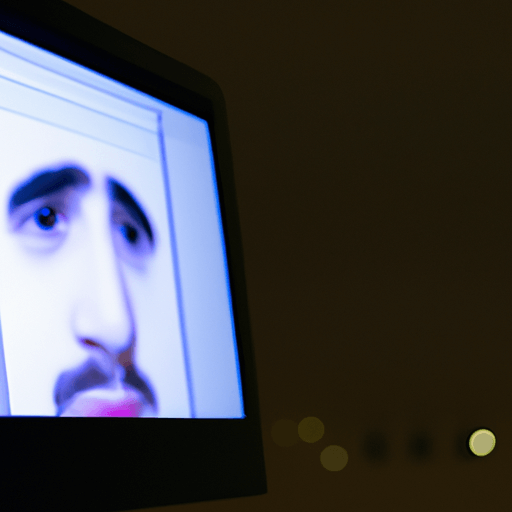How Social Media Has Impacted Mental Health in Our Society
Social media has had a profound impact on our society, both positively and negatively. While it has enabled people to stay connected and easily communicate with each other, it has also been linked to increasing rates of depression, anxiety, and other mental health issues. Research into the effects of social media on mental health has yielded mixed results, with some studies indicating a correlation between social media use and mental health issues, while others have found little to no connection. Generally, it appears that different age groups and genders are affected differently by social media, and that more research is needed to better understand the implications of long-term social media use on mental health.
Research on Social Media and Mental Health
Research into the effects of social media on mental health has yielded mixed results. Some studies suggest that there is a correlation between social media use and depression, anxiety, and other mental health issues. For example, a 2018 study found that the more time teenagers spent on social media, the more likely they were to report symptoms of depression. Other studies, however, have found little to no connection between social media use and mental health issues.
How Different Ages and Genders Are Affected
Different age groups and genders are affected differently by social media. Research has found that teenagers are more likely to be impacted by social media, as they are more likely to compare themselves to others and be more vulnerable to cyberbullying. Additionally, women are more likely to be affected by social media, as they are more likely to be targeted by online harassment and have their mental health negatively impacted by social media use.
Using Social Media for Mental Well-Being
While social media can have a negative impact on mental health, it can also be used to support mental well-being. For example, it can be used to connect with family and friends, find support groups, and even access mental health resources. Additionally, taking breaks from social media can help reduce stress and improve mental health.
Long-Term Impacts of Social Media Use on Mental Health
The long-term impacts of social media use on mental health are still not fully understood. However, research has indicated that long-term social media use can lead to increased feelings of loneliness, depression, and anxiety. Additionally, long-term social media use can lead to addiction and decreased cognitive functioning.
Addressing the Negative Impacts of Social Media on Mental Health
There are several potential solutions to minimize the negative impacts of social media on mental health. These include educating people on how to use social media responsibly, creating policies to limit the amount of time people can spend on social media, and providing resources to help people cope with the mental health effects of social media use. Additionally, it is important for people to be aware of the signs of mental health issues, so that they can seek help if needed.
Conclusion
Social media has had a profound impact on our society, both positively and negatively. While it has enabled people to stay connected and easily communicate with each other, it has also been linked to increasing rates of depression, anxiety, and other mental health issues. Different age groups and genders are affected differently by social media, and more research is needed to better understand the implications of long-term social media use on mental health. Additionally, people can use social media to support their mental well-being, but it is important to be aware of the potential negative impacts and take steps to minimize them.


















Comments
Leave a Comment